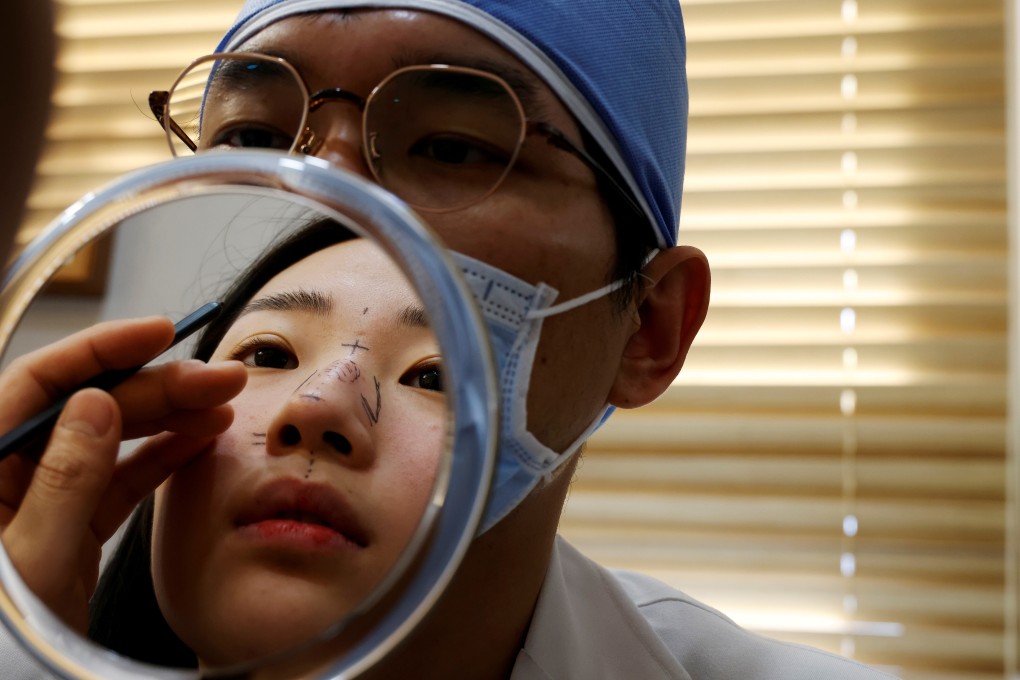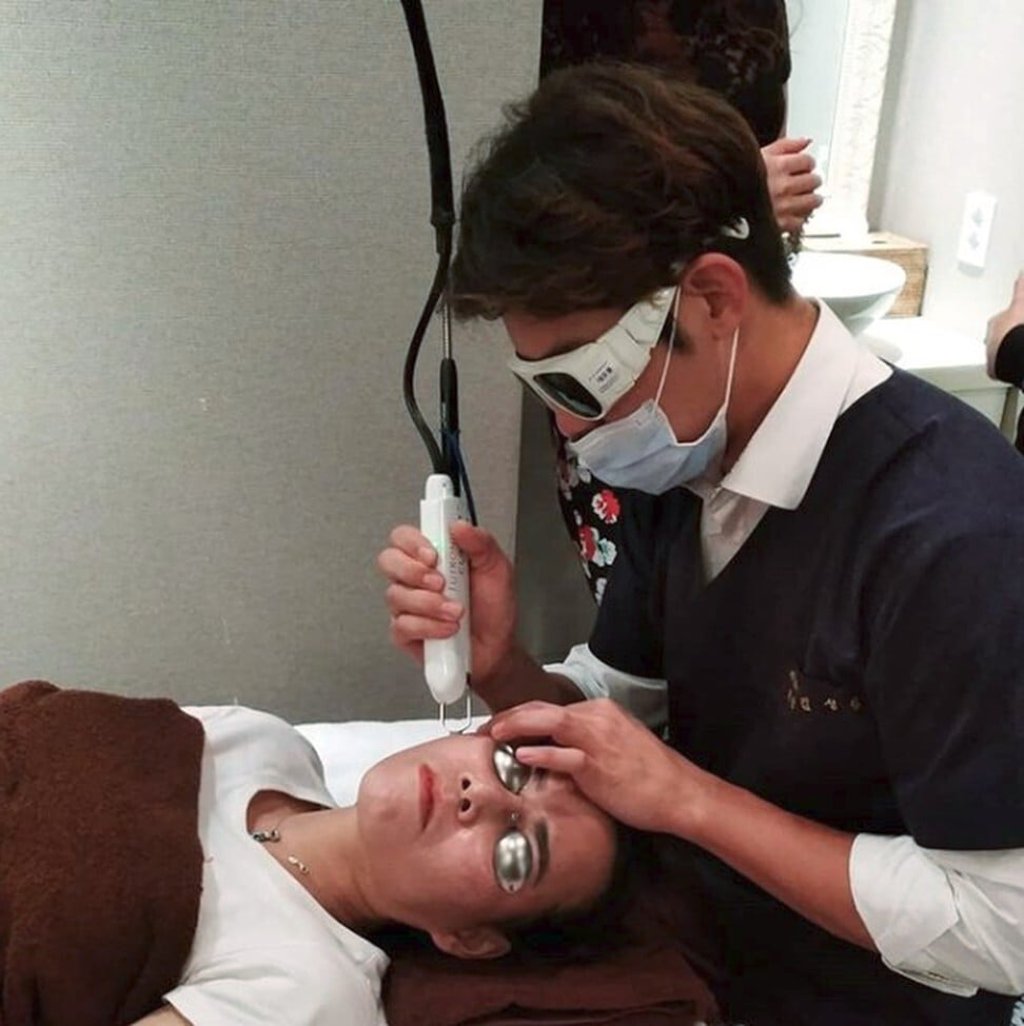Advertisement
Mask acne, Zoom face: how coronavirus gave a nip and tuck to Singapore’s cosmetic surgery industry
- Closed borders mean Singaporeans seeking cosmetic procedures must choose local services – and the virus is boosting demand in other ways too
- Treatments for mask-induced acne are booming, as is demand for eyelid surgeries, while post-op recoveries are easier for people working from home
Reading Time:4 minutes
Why you can trust SCMP

Ng, a 27-year-old Singaporean, used to travel to neighbouring Malaysia three times a year for skin tightening treatments as well as Botox and filler injections. Sometimes she would venture even farther, to Thailand.
“The prices are cheaper in Johor Bahru and I also do my shopping there. For Bangkok, it’s more like a holiday and I will usually do some treatments at the same time,” said Ng, who estimated the costs compared to Singapore are 30 per cent cheaper in Malaysia and 20 per cent in Thailand.
Last year, however, the outbreak of the coronavirus meant Ng had to seek out local clinics to get her treatments and, with many others like her in a similar predicament, the city state’s cosmetic surgery industry received something of a nip and tuck of its own. It’s a phenomenon not unique to Singapore.
Advertisement
In South Korea, the industry is reported to have grown 9.2 per cent in a year to reach US$10.7 billion in 2020, while in Britain cosmetic surgery procedures ranging from breast reductions to liposuction soared 500 per cent during lockdown.
And it’s not only border closures that are driving business. The coronavirus has itself brought around a new set of issues for people concerned about their appearance to fret about. Mask-induced acne, or “maskne” has become “a thing”, as have worries about uneven skin pigmentation being picked up by the harsh lights of laptop cameras, or “Zoom face”. Eyelid surgery has become more popular as people seek to enhance one of the few parts of the face not covered by a mask and people are more willing to contemplate invasive surgeries knowing that post-operative recoveries can be done in relative secrecy while working from home.
Advertisement

Advertisement
Select Voice
Select Speed
1.00x